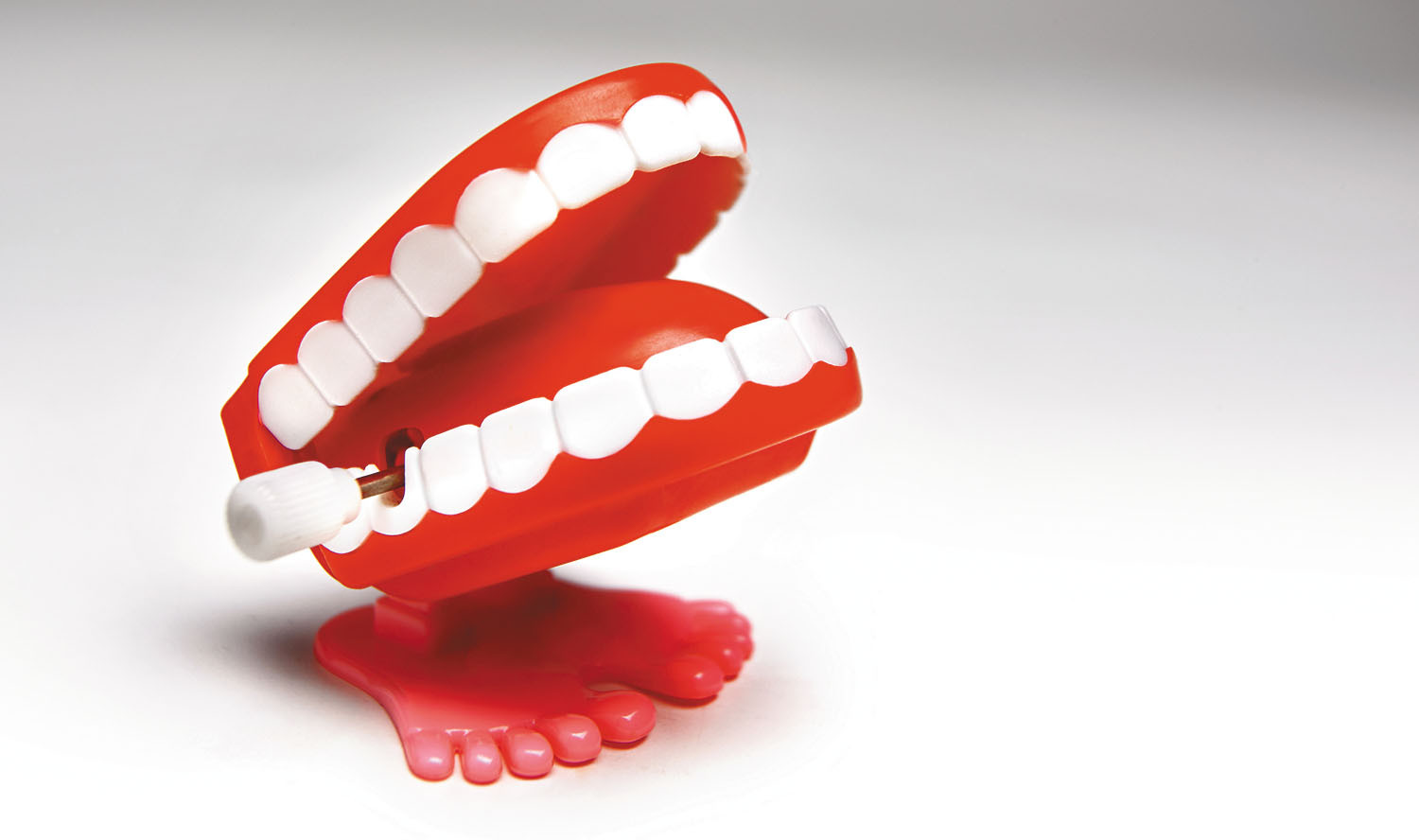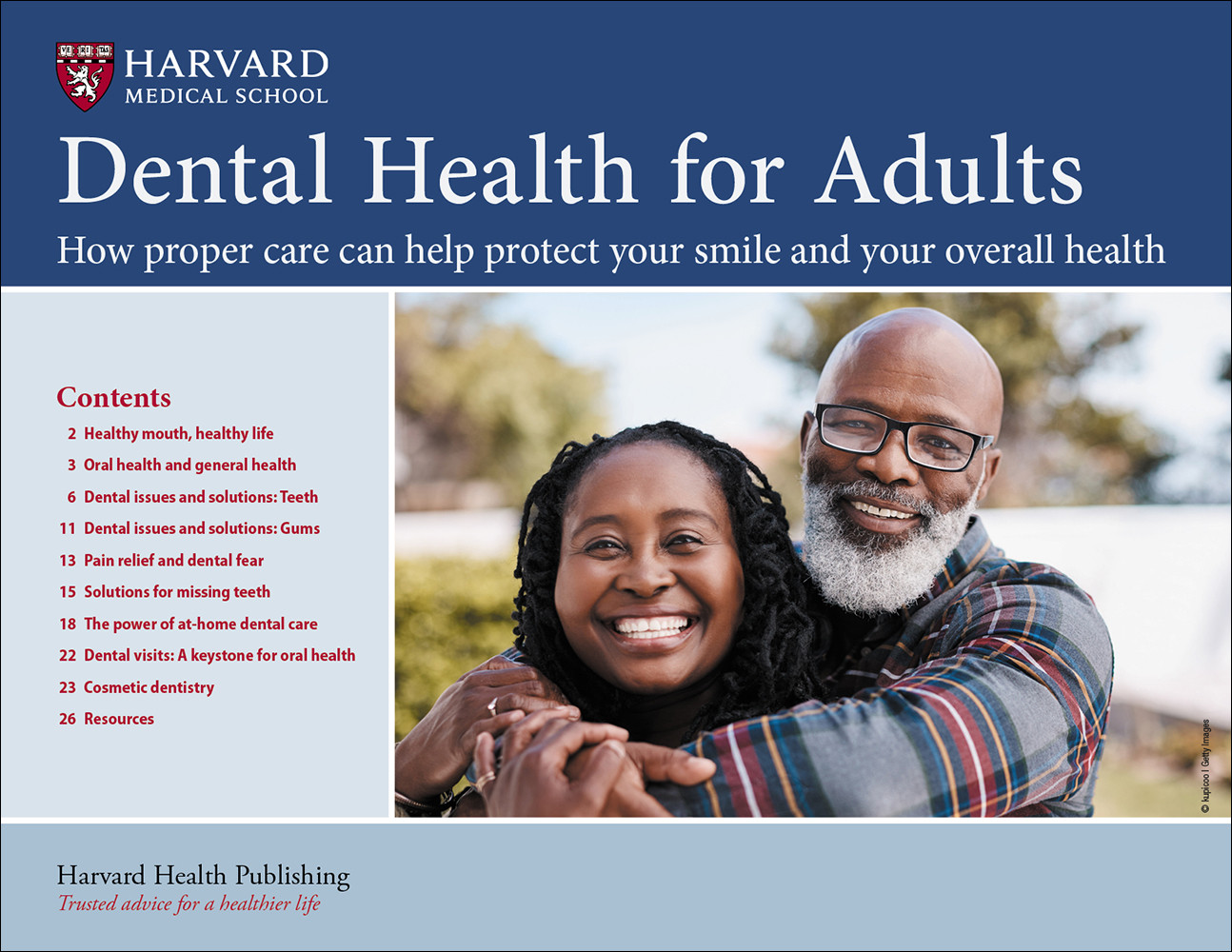You don't say? Myths about teeth
- Reviewed by Howard E. LeWine, MD, Chief Medical Editor, Harvard Health Publishing; Editorial Advisory Board Member, Harvard Health Publishing

There are many myths and misconceptions about what makes for a healthy smile. Here are some truths behind the more common ones.
All dental stains can be whitened. Coffee, tea, and tobacco discolor or stain teeth. These stains usually can be removed with either a professional cleaning or a tooth-whitening procedure. However, discoloration related to damage or death of the pulp (the tooth's soft core, which contains blood vessels and nerves) is harder to fix. But it's not impossible. The procedure involves putting bleach into the part of the tooth with the pulp. Some stains don't respond well to whitening or cleaning. Those require a procedure called bonding, in which a dentist paints a plastic-like material onto the tooth.
"Soft" teeth cause cavities. Teeth are naturally hard. The enamel that covers the part of the teeth above the gum line is the hardest substance in the human body. It's not "softness" that causes cavities. They occur when acid produced by bacteria dissolves the hard enamel. This missing enamel (the "soft spot" in the tooth) is the cavity. But the tooth itself is not soft.
Chewing gum is bad for your teeth. Chewing gum increases saliva production, which helps to clean teeth. However, the sugar in most gum feeds cavity-causing bacteria. A better option is sugar-free gum containing xylitol, an artificial sweetener that can fight oral bacteria.
Fluoride is unsafe. Numerous studies refute claims that the usual level of fluoride in drinking water causes problems, such as heart disease, allergies, and genetic abnormalities, to name a few. That said, fluoride can be dangerous when ingested excessively — 2.5 to 5 grams for an average adult. But this would require drinking 5,000 to 10,000 glasses of fluoridated water in a single day.
Image: © Peter Dazeley/Getty Images
About the Author

Matthew Solan, Executive Editor, Harvard Men's Health Watch
About the Reviewer

Howard E. LeWine, MD, Chief Medical Editor, Harvard Health Publishing; Editorial Advisory Board Member, Harvard Health Publishing
Disclaimer:
As a service to our readers, Harvard Health Publishing provides access to our library of archived content. Please note the date of last review or update on all articles.
No content on this site, regardless of date, should ever be used as a substitute for direct medical advice from your doctor or other qualified clinician.
















